Loaders at Mini Dry Port- Does it reflect the status of Bhutan’s working class?
With loading at Mini Dry Port (MDP) in Phuntsholing outsourced to a private enterprise, it appears that price regulation has been handed back to ‘invisible hand’ of market. However, the transition is not smooth, at least, as reported in the press. The enterprise has asked loaders to leave which is not received well by the latter. Weren’t loaders given adequate time to decide their course of action/decision. Check the Bhutan Broadcasting Service (BBS) story here.
The Labour and Employment Act of Bhutan 2007 says at least 30 days’ notice should be given by either of the parties. However, the qualifying criteria stipulates that the contract should be for one year, at least. Is there a contract between the loaders and the government (I suppose, government employed them)? Perhaps can it be deemed as an ‘unwritten contract of employment’? The minimum standards should be applied, however. Check the Labour and Employment Act of Bhutan 2007 here.
If the government’s intention is to let the market play its role in stabilising market through competitive prices determined by the market forces of demand and supply, can it also follow the same for vegetables and fruits. Currently, Office of Consumer Protection (OCP) citing the Ministry of Agriculture and Forests’ (MoAF) notification, is regulating the prices. If the government intends to gain from apparent increase in supply, let the farmers and vendors alike gain through what appears to be from limited vegetables supply? Why take two different stands? As I see it, both the aforementioned cases concern the working class.
Once the tax filing for the Income Year 2020 commences, government officials in P5 and below will not have to file their income tax returns. Quite a good number of civil servants said they couldn’t work much during the lockdown as their laptops are in the office. But the government continues paying monthly salary. For working class such as farmers, be it rain or heat, they have to make their hands dirty for them to have something on their plates. Cannot they gain from the market as much as the government tries such (if outsourcing was one such intention). Then, we might be better able to understand the effect of COVID-19 on economy, real time. Check the OCP notification on vegetable wholesale and retail prices here. Check the MoAF notification on purchase and selling price of vegetables and fruits during lockdown here.
I tried to check the legal basis that empowers MoAF to set the prices. While the Commercial Sales of Goods Act 2001 covers ‘growing crops’, I am not certain if ‘vegetables and fruits’ have material scope of application under this act. At the same time, I couldn’t find provisions related to government’s intervention in price control. Perhaps I (we) would need the help from legal experts. Check the Commercial Sales of Goods Act here.
One legal provision that affects the working class is National Minimum Wage. One argument against raising the national wage has been that the minimum wage is tagged with ‘thrimthue’ ‘sothue’ (child maintenance) etc. I don’t have the numbers. But which occupational group files divorce more? Who violates/breaches the law more? It will be helpful to delve deeper and see who benefits in actuality
Is COVID-19 pandemic paving a way towards the rise of progressive agenda? Will Bhutanese witness an entry of political party equivalent to ‘Bhutan Labour Party’ in Bhutan’s political fray? Can our elected representatives push legislative agenda during such times besides relaying information and on the field services?
Please do comment and share, if relevant and important. Equally, if not more, your candid feedback will be taken seriously if my views are out of context, argument incoherent and basis on faulty assumptions. One may like to refute that there is no ‘class’ as such in Bhutan.




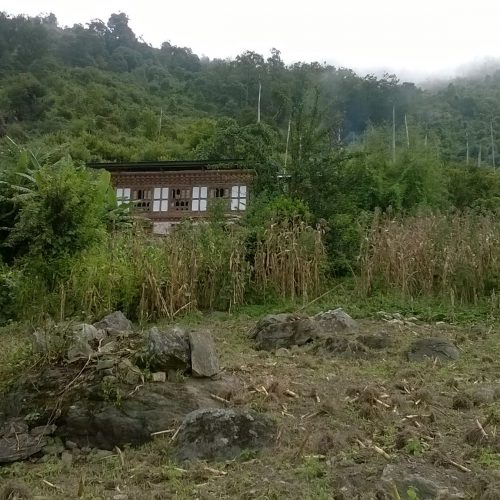
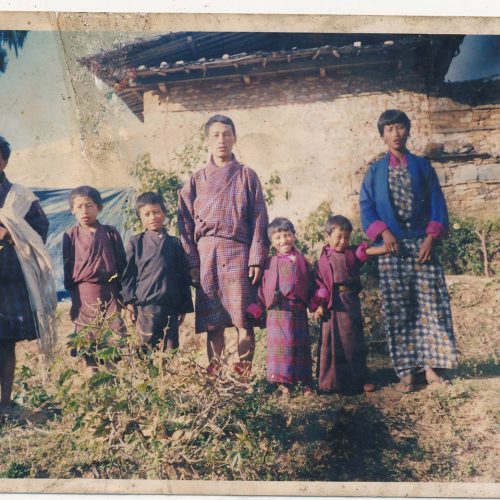

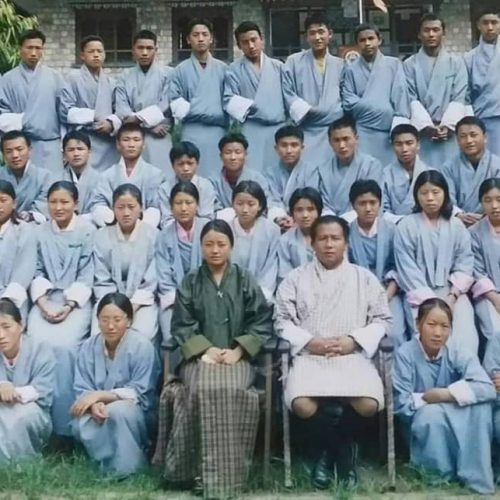




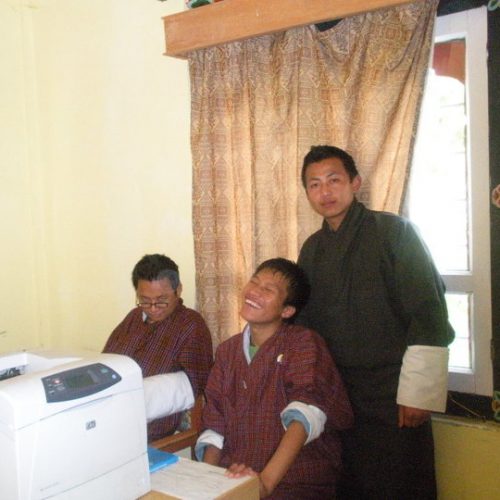
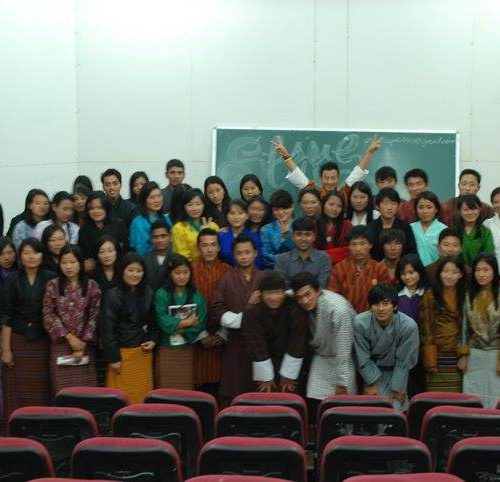
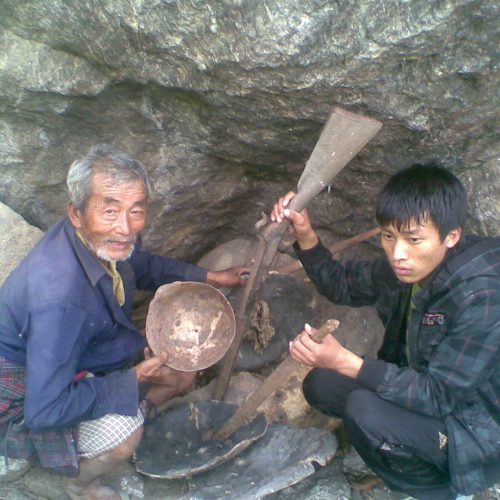




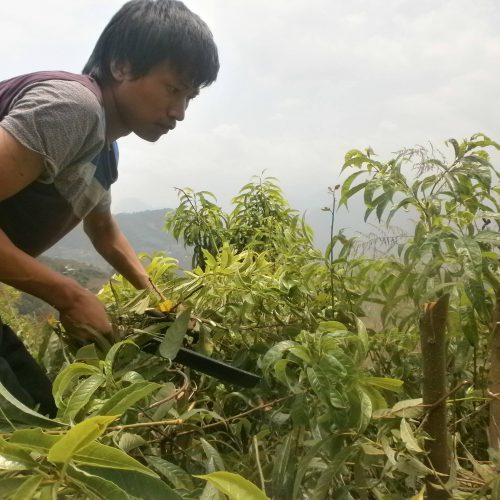



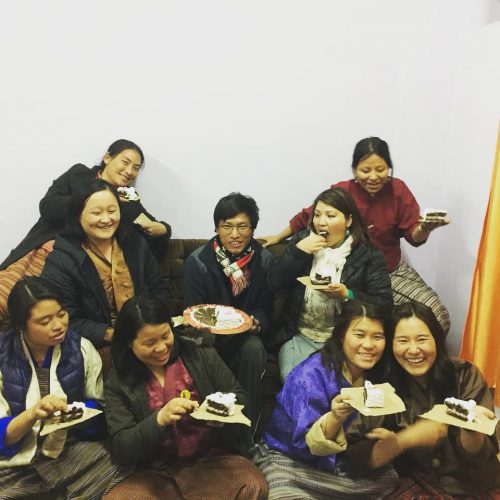









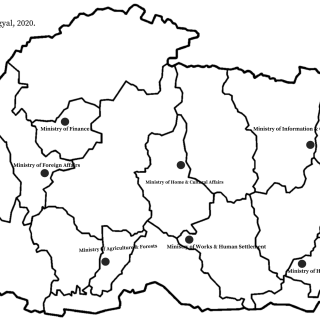

Inspiring as always.
I found your profound knowledge and literature insightful not to mention the level of wisdom.
Literally on another level.
THANK YOU.
Your article/literature is insightful. Lot of thoughts put in with ample facts and figures. I really like your article.
This is indeed insightful piece. It reminds us all that we need to be cautious about current affairs.
The loaders at the MDP aren’t employees but individual private contractors permitted to work at the MDP. This means that they do not come under the purview of the Labour and Employment Act as self employed individuals.
The need to contract to work to a private enterprise was necessary necessary to break the stranglehold these loaders had on the businesses forced to use their service to the monopoly they enjoyed charging exorbitant rates exploiting the situation. They were not summarily removed but offered an attractive compensation to continue working as employees but they refused.